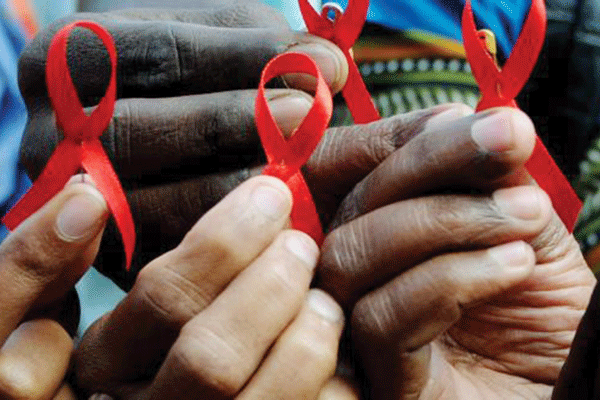
BY VENERANDA LANGA
THE Zimbabwe Aids Network (ZAN) is imploring the government to unlock the $400 million Global Fund financing and show commitment to pay US$6,9 million owed to suppliers of anti-retroviral drugs (ARVs).
ZAN board member Tapiwanashe Kudyinga and other activists appeared before the Ruth Labode and Morgen Femai-chaired joint sitting of the Parliamentary Portfolio Committee on Health and the Thematic Committee on HIV where he said it was imperative to unlock the Global Fund financing which supports treatment for around 710 000 anti-retroviral treatment (ART) clients.
The American-sponsored Pepfar supports 193 000 patients and government, through the National Aids Council, covers for 113 000 ART clients.
“We want Parliament to take note that there is a recent report by the Health ministry which shows that over 100 000 people are on ARV test and treat programme which brings in almost 8 000 new clients per month, and yet the test and treat programme is not supported by any of the three programmes,” Kudyinga said.
He said in order to unlock the US$400 million, the Global Fund stipulates that the country must increase government support to HIV, core finance health from their fiscus to access the Global Fund rights, and also allocate at least 15% of the pledged support to make assessments for early response.
“Under the current Global Fund run of 2018 to 2020, Zimbabwe has to contribute 15%, which is $502 million. There are 2019 funding gaps where US$6,9 million is owed to suppliers of ARVs and laboratory reagents which were supplied to the country between 2017 and 2018 and the net effect is that suppliers are now demanding money upfront before commencing with treatment,” he said.
Kudyinga said the money has not been paid and the net effect has been ARV drug stockouts, despite the fact that in 2019 NAC had a $23 million budget for procuring ARVs.
- Chamisa under fire over US$120K donation
- Mavhunga puts DeMbare into Chibuku quarterfinals
- Pension funds bet on Cabora Bassa oilfields
- Councils defy govt fire tender directive
Keep Reading
He expressed concern that patients could default, forcing them to go to second line treatment, which is more expensive.
Kudyinga further noted that there were also shortages of antibiotics for sexually transmitted diseases, while patients of ART were paying $5 user fees up from $1 which they cannot afford.
He added that user fees for persons on ART must be scrapped because some have to visit hospitals regularly because of shortages and that they are given two weeks or one week supplies of medicines.
Evelyn Chamisa from the Zimbabwe Network of People Living positively with HIV said: “Despite that the Health ministry has presented to the nation that there were enough drugs to cover for two years, we continue to receive information from HIV+ people that they are failing to access drugs and they are referred to private pharmacies to purchase them at $300 for one months’ supply and this is causing a lot of people to default and go to second line drugs and there is also a risk to switch onto third line drugs.”
She also said expired drugs had also impacted negatively on their members’ health.
Anna Sango, from Zimbabwe Young Positives, said their plea to Parliament is to ensure that people living with HIV enjoy their rights to health.
Sango said some hospitals in the country were experiencing stockouts, while others had problems with viral load machines and paedeatric ARV access and ARVs to prevent mother to child transmission.
MPs demanded that the Aids activists must bring samples of expired drugs so that they can be taken to the Medicines Control Authority of Zimbabwe to investigate reports that some hospitals were dispensing expired drugs.
The activists argued that due to shortages of foreign currency, suppliers were not releasing the drugs and as a result by the time they were delivered into the country their lifespan would be shorter.







